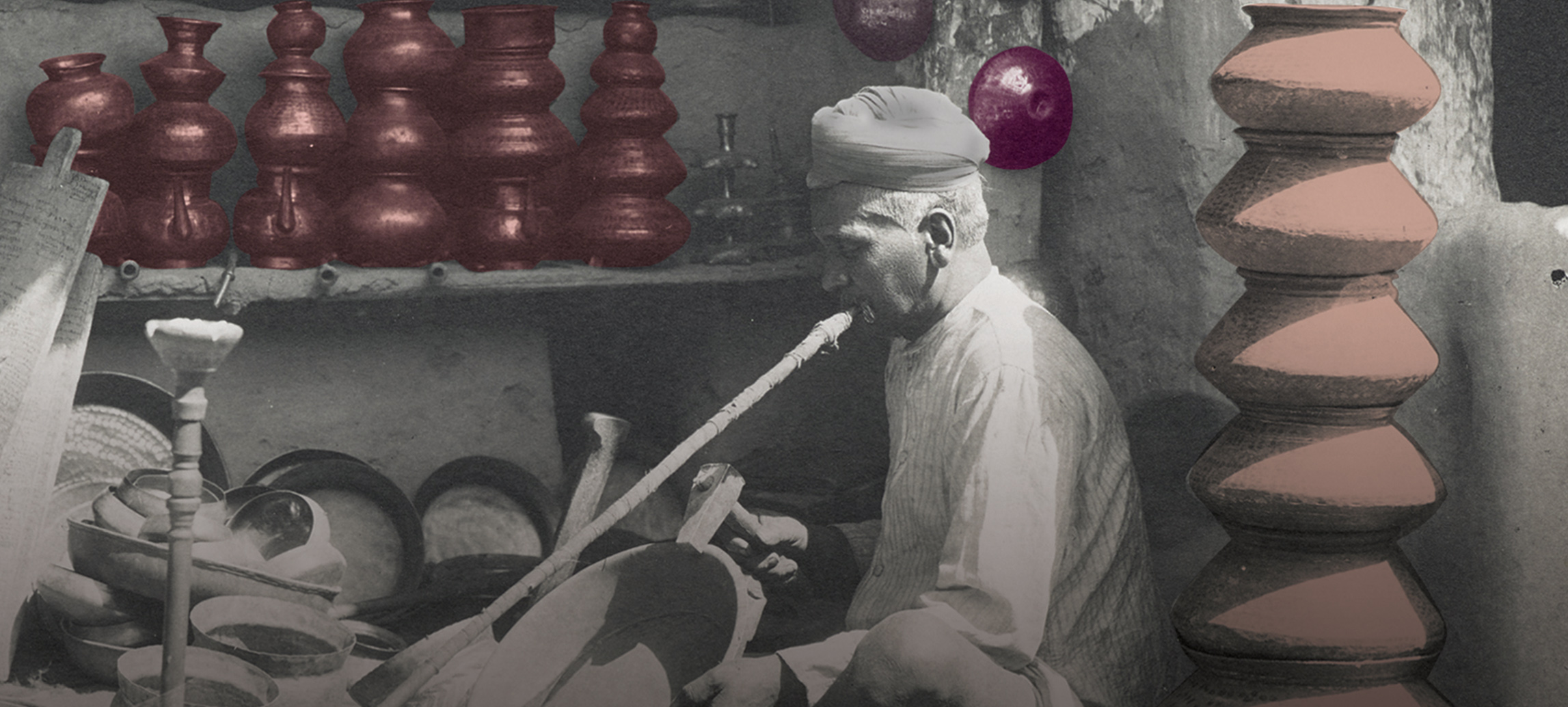
Unfolding over the course of a single day, Ashk’s sweeping sequel to Falling Walls, In The City a Mirror Wandering explores the inner struggles of Chetan, an aspiring young writer, as he roams the labyrinthine streets of 1930s’ Jalandhar, haunted by his thwarted ambitions but intent on fulfilling his dreams.
Here is an evocative understanding of the author from the eyes of the translator, Daisy Rockwell:
“Part of the richness of In the City a Mirror Wandering lies in the sheer number of poems, folk sayings and songs quoted throughout the text. Some of these quotations are from famous texts and will be readily recognized even by readers of the English version, and some are not.
Among the famous quotations, several contain errors. Where I and other readers have identified these, I’ve added translator’s footnotes, giving the correct version of the text, especially if it was from another language (Sanskrit) or from a famous line of Urdu poetry that we retained in the translation.But why did Ashk include so many errors in his text? Was it because he had no internet, or relied on faulty recollections of famous poems?
Was he sloppy and did he not check his work? Having researched his files years ago, I am inclined towards a different explanation. What I found then was that Ashk was a compulsive editor. If an article was written about him in a newspaper or journal, he’d clip it out and mark it up, as though he were the author himself. This was not so much to make something appear more favourable or flattering, but rather to correct what he perceived as flaws in style or grammar. He would then have these documents retyped and placed in the file alongside the originals, drawing upon them for the purpose of blurbs or further quotation in writing about critical responses to his own work.”
Intensely poignant and vividly evocative, In the City a Mirror Wandering is an exploration of not only a dynamic, bustling city but also the rich tapestry of human emotion that consumes us all.









